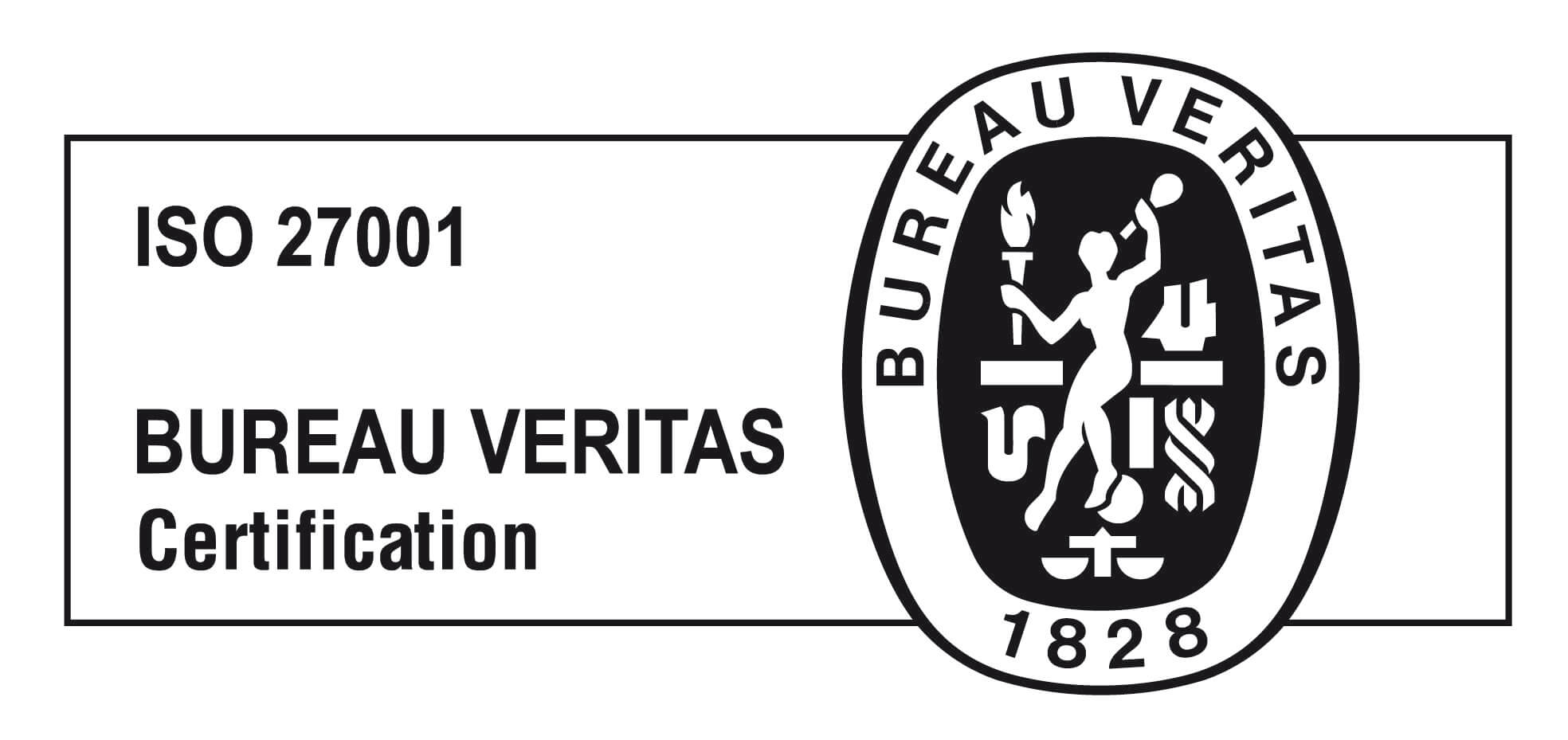- Bitergia
- Risk Framework
Mitigate Open Source Project Risk
with an Effective Risk Framework
Take charge of Open Source Project Health Risk with the comprehensive and actionable risk framework provided by Bitergia.

Understanding the potential risks associated with open source projects is crucial to safeguarding your organization’s interests.
Failing to address these project health risks can result in undetected vulnerabilities, which may have severe consequences.
Once attacked, it requires time and effort to identify the vulnerability, close the attack vector, and strengthen systems to prevent future attacks. It requires less time to be pro-active and reduce this risk.
Data loss, including theft of valuable company secrets or compromised customer data. Additionally, attackers may resort to encrypting or deleting critical operational data, causing significant disruptions.
Erosion of brand value and the loss of customer trust. Violations of data privacy can lead to legal consequences, further tarnishing an organization’s reputation.
Customers may switch to safer competitors, resulting in a loss of business. Grappling with attackers and restoring operations during downtime can lead to financial strains, and persistent attacks can even drive a company to bankruptcy.
Supercharge Your Open Source Project Risk with Bitergia
Early detection and prediction of project health risks enable companies to take proactive steps that are cheaper and mitigate risks while avoiding these negative impacts. At Bitergia, we have developed a powerful framework that offers distinct advantages for you.

Simplified Risk Evaluation
At the core of our risk assessment framework you’ll get a single, easily comprehensible score number.
This number encapsulates the risk associated with an open source project, allowing you to gauge its potential impact quickly.
By eliminating the need for manual data collection, cleaning, and analysis, we empower you to make informed judgments regarding the riskiness of a project without wasting precious time.
Actionable Insights
Go deeper with identifying specific risk categories.
By splitting the overall risk score into different categories, based on seven risk metrics, you can take targeted actions.
Whether it involves improving risk factors, discontinuing usage due to unacceptable risk levels, or accepting calculated risks, our framework empowers customers to make informed decisions efficiently.


High-Quality Data
Our risk assessment framework is built upon a foundation of high-quality data.
With 15 years of experience in open source project analysis, our team has navigated numerous challenges that you may encounter independently.
From data collection hurdles and managing evolving APIs to cleaning, standardizing, and deriving valuable insights, you’ll receive a ready-to-use, analyzable data.
Discover the potential risks and make proactive decisions regarding open source libraries with our comprehensive risk assessment framework. Explore the following risk metrics that address crucial questions:
Elephant Factor
What risks arise from excessive dependency on a company or competitors driving project development?
New Contributors
Are there any risks associated with integrating new contributors into the project?
Active Organizations
What risks are associated with limited organizational involvement in the project?
Pony Factor
What risks are involved in relying heavily on specific individuals driving the project development?
Lead Time for Issues and Code Changes
What risks exist when unaware of the project community’s responsiveness?
Active Contributors
What risks stem from the current number of actively contributing participants?
BMI and REI
What risks arise from depending on open source communities to address issues and handle change requests?
Learn everything about these risk metrics and find the answers in our blog post “7 Metrics to evaluate Risk in Open Source Libraries”

We will not share, sell or rent your personal information to any third party. You may read our complete privacy policy for more information.





